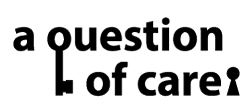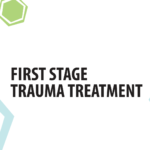We go on auto-pilot with certain clients because their behavior is difficult, ‘a pain in the neck’ – it never changes. Wouldn’t it be easier if all of our clients just fit into our systems as they have been set up? Not showing up for appointments, always late, showing up the front desk without an appointment, coming into the office intoxicated, aggravated, loud…
Let’s take a left turn for the moment. Taking the time to look at what is behind the behavior and really understand what the intention behind the behavior is. The intention is not to be disruptive, or to go against the established rules – but the intention in the moment is a need for help.
Locally there are a number of free training opportunities to help social service and health professionals to learn more about substance use, mental illness and concurrent disorders. There are opportunities to learn about effective techniques for engagement and build skills to help clients and patients make positive change.
Join the conversation – sign up for a training session, build skills, ask questions.

